
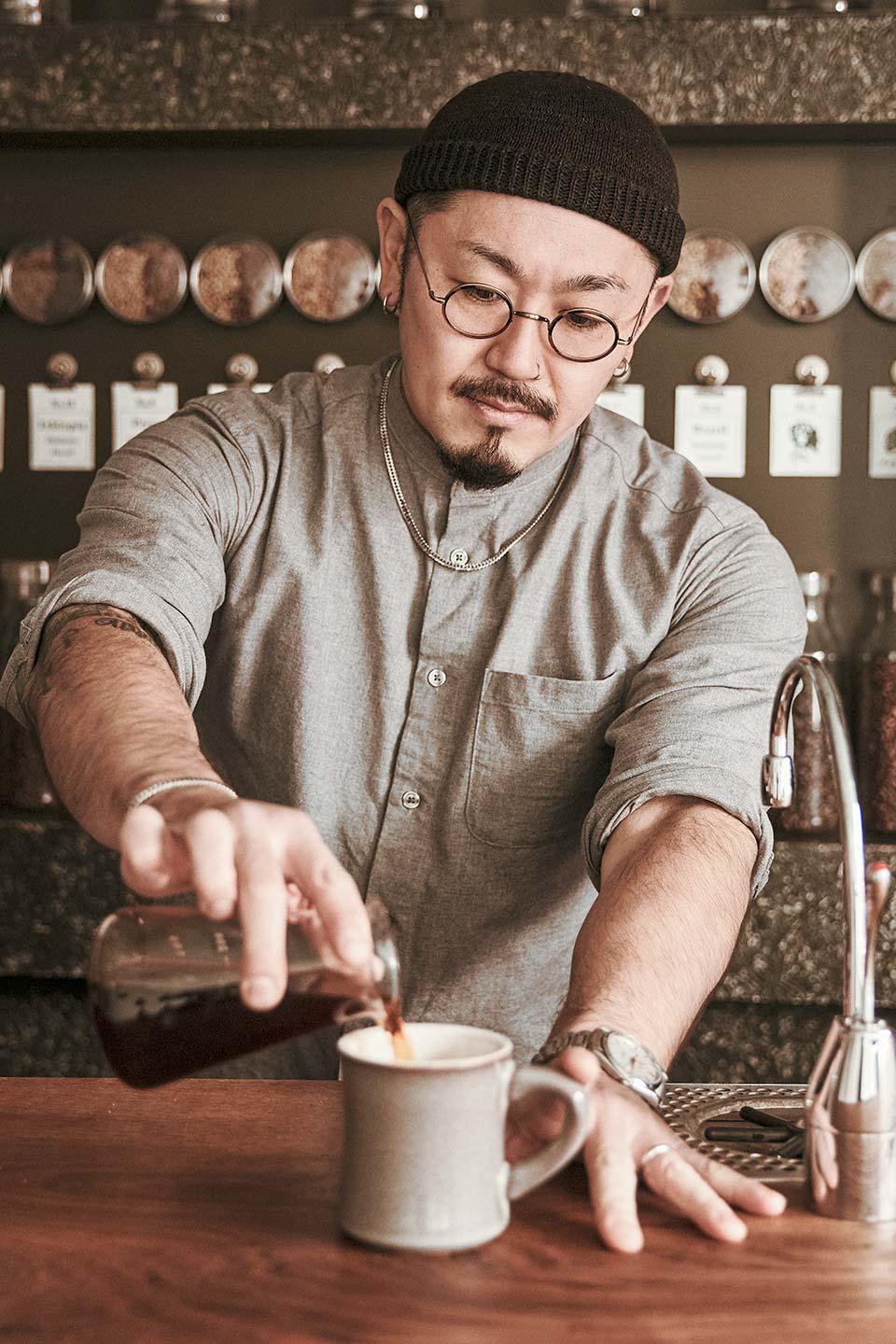
Appreciating Ordinary Joys of Coffee and Community
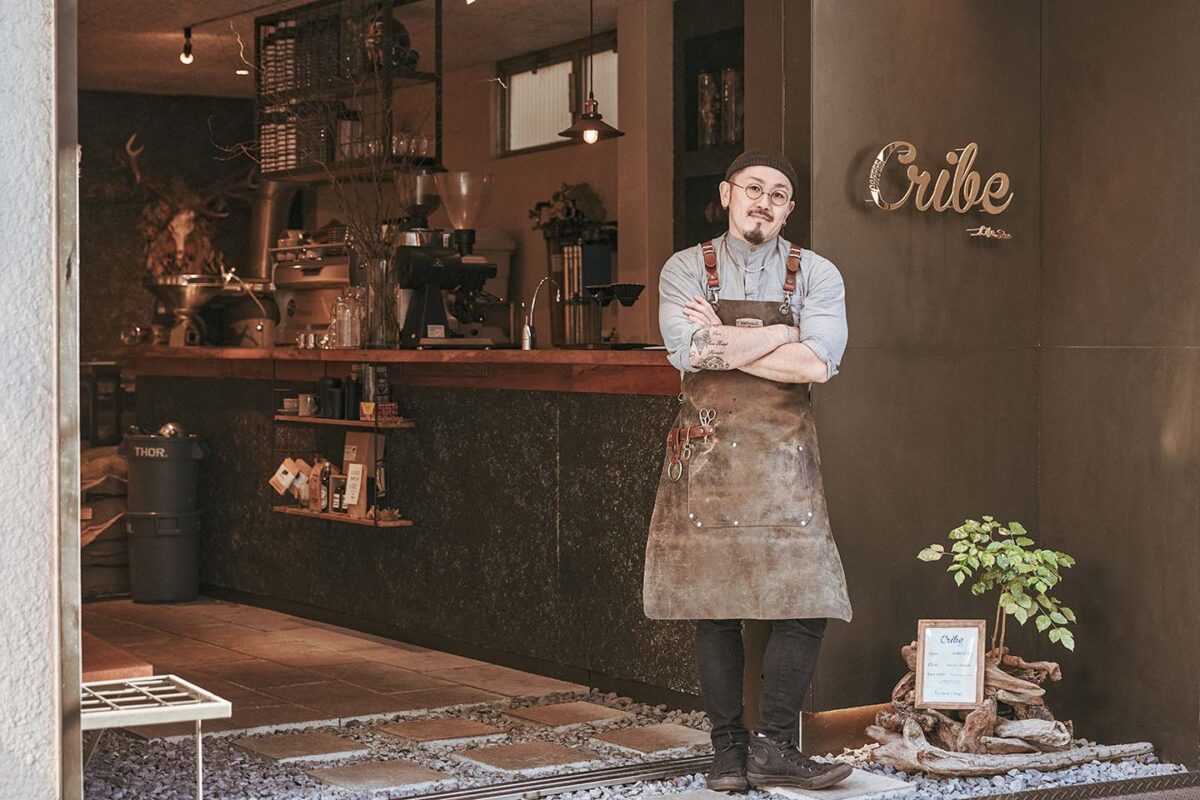
Life Size Cribe in Kokubunji, a city on the western outskirts of metropolitan Tokyo, is a place to explore the endless possibilities of coffee and share in the precious moments that make up ordinary lives. Founded by Kazuki Yoshida in 2015 when he was 27, the Saitama-born Kazuki came to the commuter town with plans to grow a new coffee culture in the area.
However, he soon realized his dreams of emulating the great Paul Bassett cafe were far removed from his current reality, where the majority of his clients did not know the difference between a cafe latte and a cappuccino. Over the last eight years, he has worked on bridging his ideal with the expectations of the local clientele. In the process, he has shed his hard exterior and discovered a more humble, natural, and positive way to live.
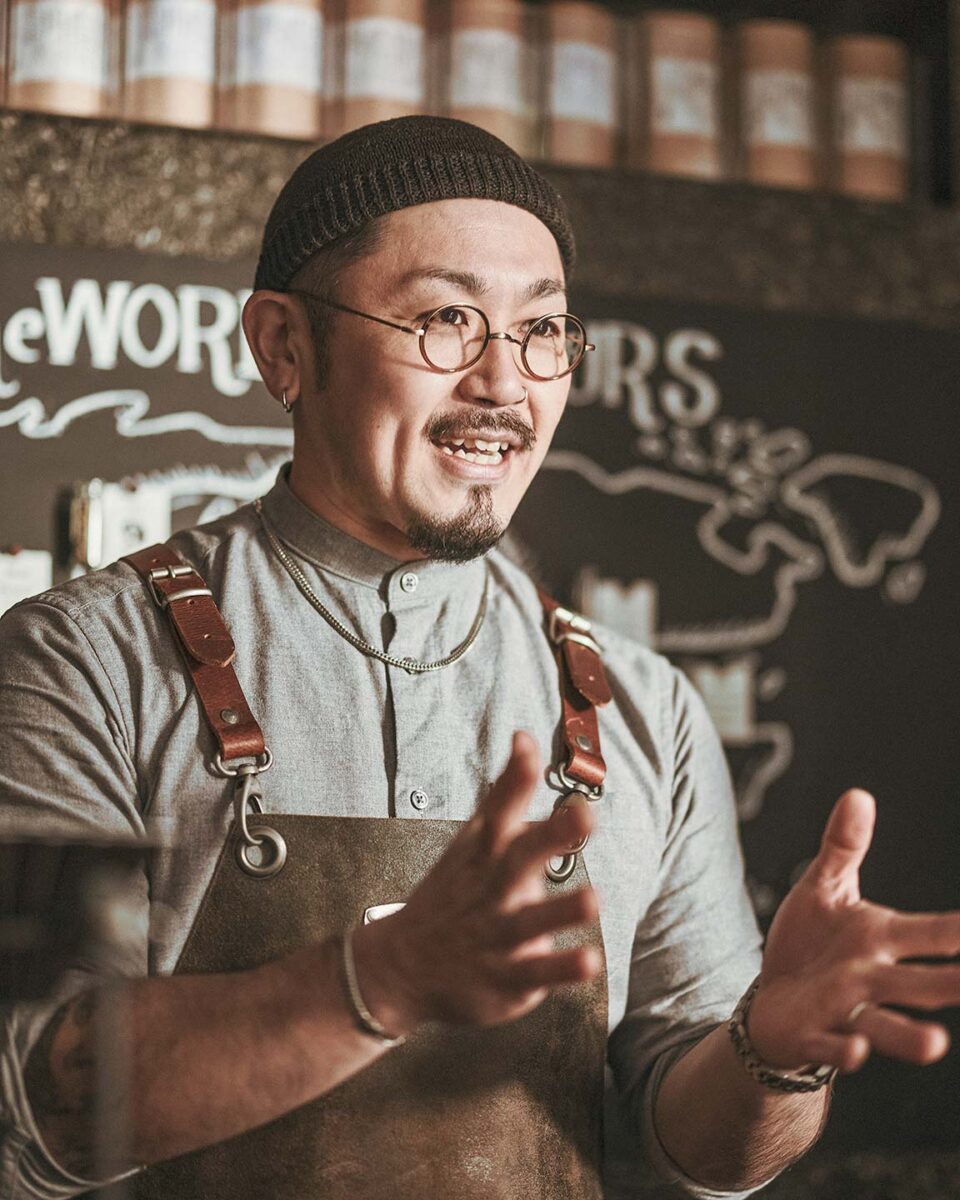
A little bit of positivity can make a big change
Not long ago, the book “Hito wa Mitame ga 90% (90% of communications are nonverbal)” became a bestseller in Japan. As the title suggests, the book describes how we get the majority of our information on a person from appearance, body language, and other non-verbal cues. For example, when we talk to people, our impression of them is more influenced by their facial expression, posture, way of talking, tone of voice and other cues than what they are actually saying. As someone who’s appearance often gives the wrong impression, no one is more aware than Kazuki of the importance of non-verbal communication.
“I’ve been told my stare can be kinda intense, and because of my nose piercing and tattoos, people raised in a different culture to me seem to find me intimidating. Then when my hip hop friends come round, I guess we come across as a dodgy crowd. That’s why it’s important that I help people get beyond that first impression and see me for who I really am. The fact that the local kids like me proves that I am not one of the bad guys!”
Life Size Cribe (Cribe) is now registered with the 110 Children’s Emergency Shelter program – a child protection program where registered homes and businesses can offer shelter to children in an emergency. Cribe stands on a small street lined with bars, restaurants, and other late-night opening establishments. When the local PTA drafted a neighborhood safety map, the street was marked as a no-go area for children. However, after Cribe joined the 110 register, the map was revised and the street was considered safe to pass through.
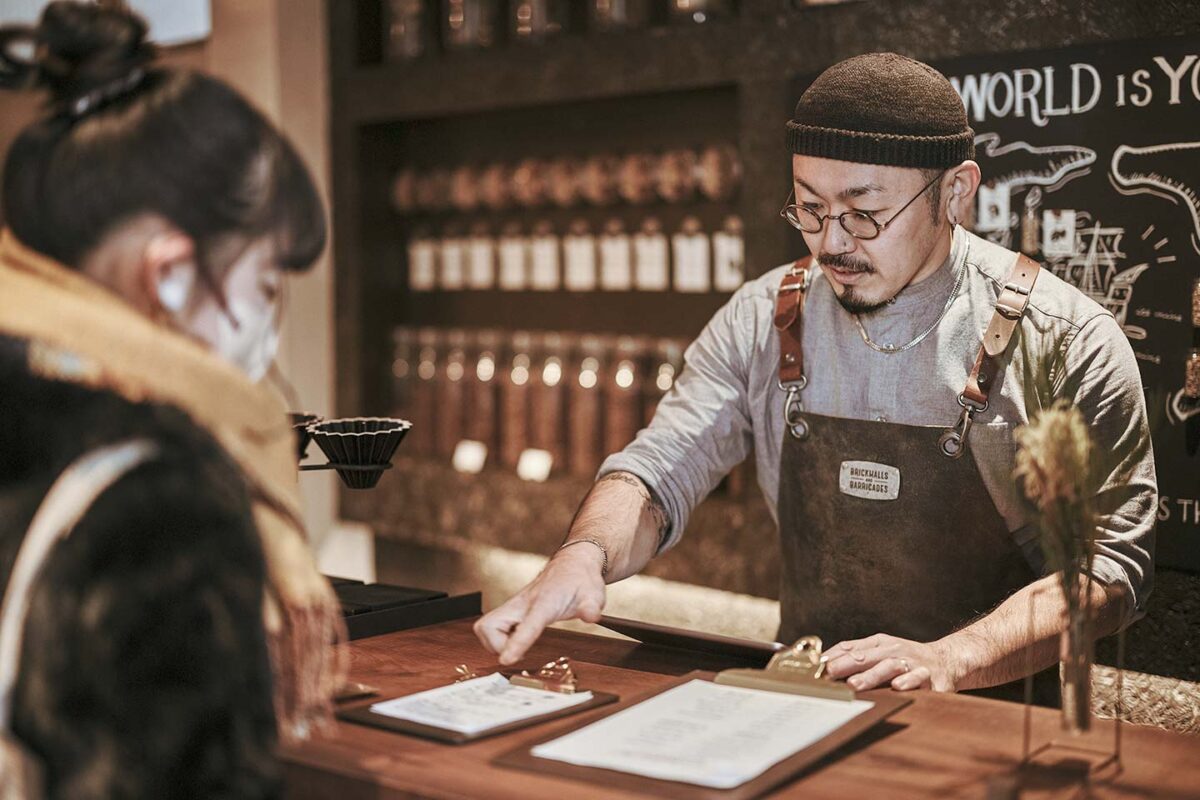
Kokubunji is a large residential town with a big commuter population. 50% to 60% of Cribe’s customers are regulars. Kazuki has seen customers find connections through the common medium of coffee. He has often watched as people who just happened to be in the cafe at the same time strike up a conversation and form a new-found friendship.
“Cribe attracts people who are serious about their coffee or want to know more, so they already have something in common. And the positive atmosphere means people find it easy to chat with strangers. And that’s all part of making good coffee. Having a great space and great interactions, these all affect the quality of the coffee. I like to think I’m giving people who are usually busy taking care of their house or working at the office, a chance to sit back and enjoy a moment of pleasure. We humans only need a small injection of positivity to make a big change.”

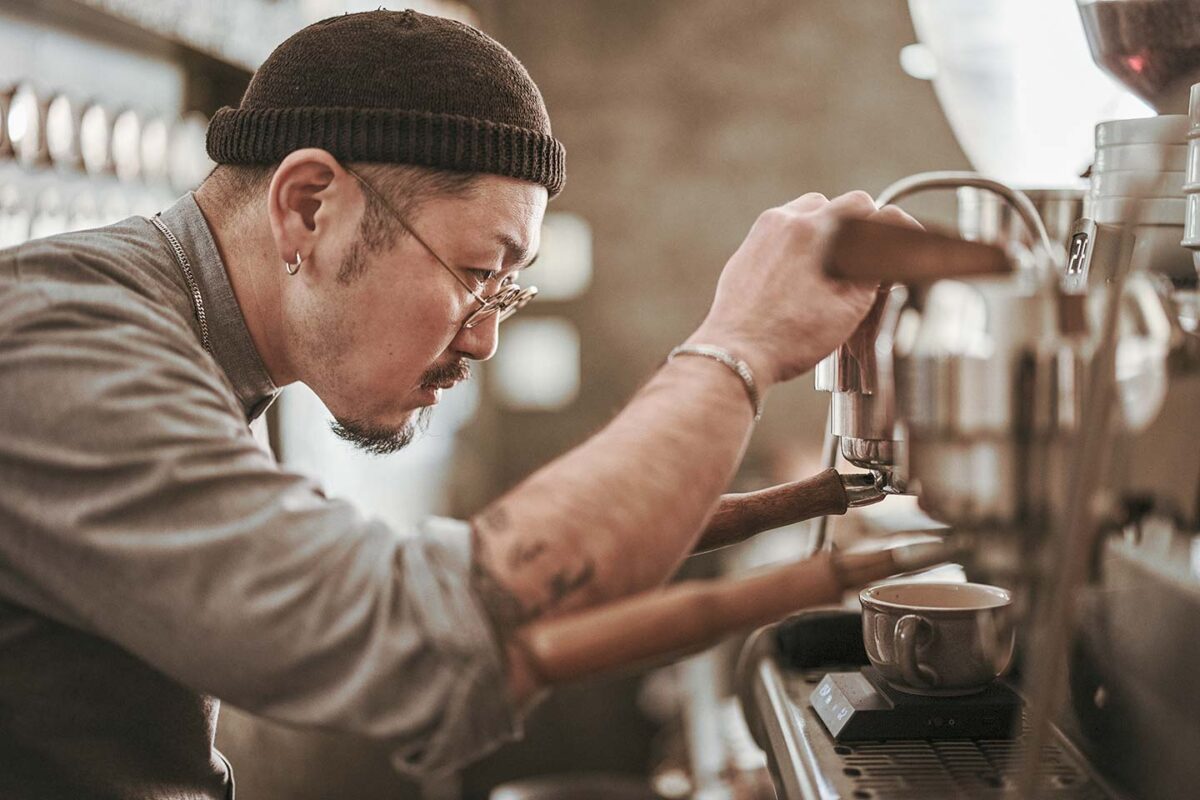
Pouring everything into coffee
Kazuki first entered the coffee industry when he joined Doutour Coffee, a Japanese retail company specializing in roasting and coffee shops, after graduating university. Within six months of joining the company, Kazuki was made manager of the store, the fastest promotion at the time. But to Kazuki, the promotion was a mystery. He did not feel he had worked any harder than anyone else, or done anything special. He began to mask his doubt with an arrogant, over-confident attitude.
This was in 2008, at a time when the Lehman Shock was making it hard to move or find a job. Out of the 60 people who had entered the retail arm of the company with him six months earlier, only 15 were left. Complaints from others about too much overtime and low wages paled in comparison to the insecurity of Kazuki’s position.
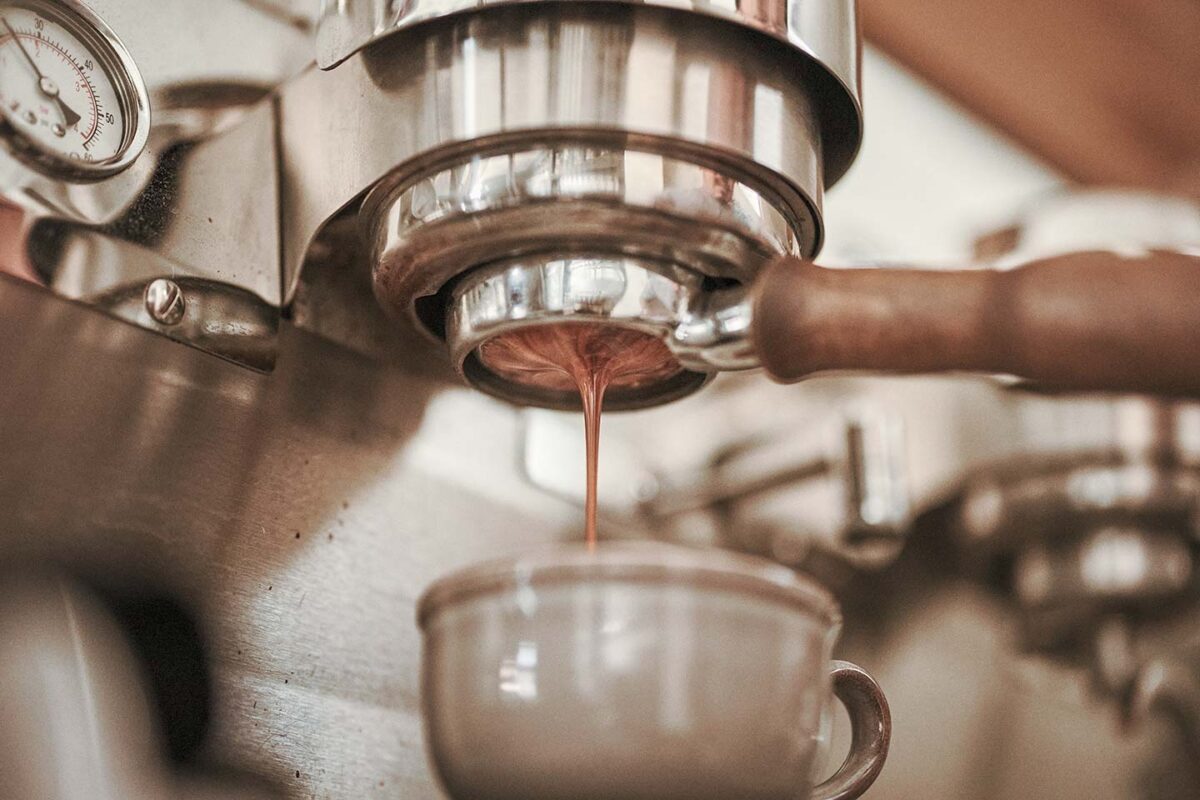
Things began to change when he learned about baristas. Dressed sharply in a uniform of clean, white shirts with smart black apron and trousers, tweaking a complicated-looking machine – baristas were something totally new for Kazuki and he was immediately smitten. He began to visit cafe bars all over Tokyo.
One day, he was visiting a cafe for the first time when he ordered his usual espresso and asked the barista for sugar. “Why not try it without?” suggested the barista. Not convinced, Kazuki still decided to give it a go. The experience blew his mind. The espresso filled his mouth with a fruity, chocolaty flavor that was nothing like the coffee he knew.
This cafe was Paul Bassett, named after the World Barista Championship winning Australian barista. After that, Kazuki visited Paul Bassett at least once a week.
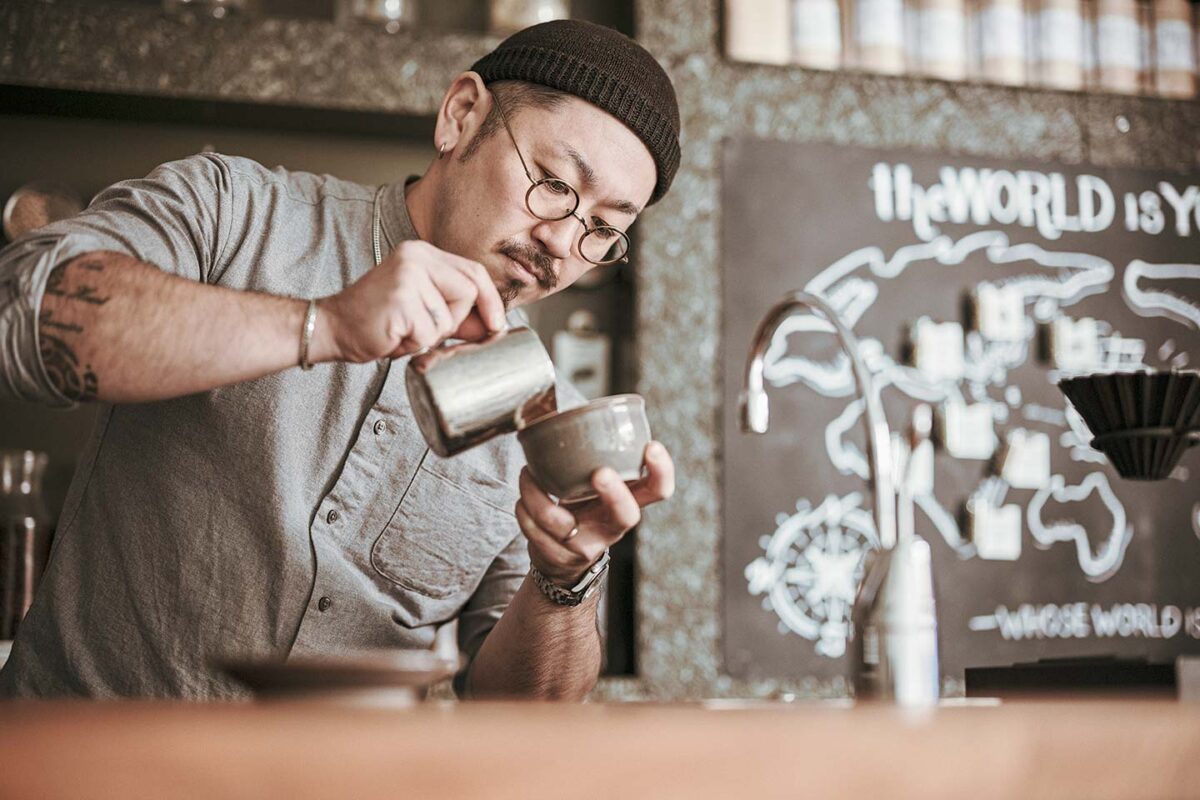
“Back then, Paul Bassett was full of people who would eventually lead the specialty coffee industry in Japan, like Kiyokazu Suzuki from Glitch Coffee Roasters. I was aware of my ignorance, but my pride held me back so I’d just watch from my table and not ask anything. I bought an espresso machine and tried imitating what I’d seen at the shop at home but it never turned out right. Eventually I had to accept that I needed to go back to basics and start over.”
He sent his CV to Paul Bassett but when no reply came, he went into the shop and asked for a job. They were only hiring part-timers, but Kazuki knew that this was where he wanted to work and was happy to take on a position even without the security of a full-time job.
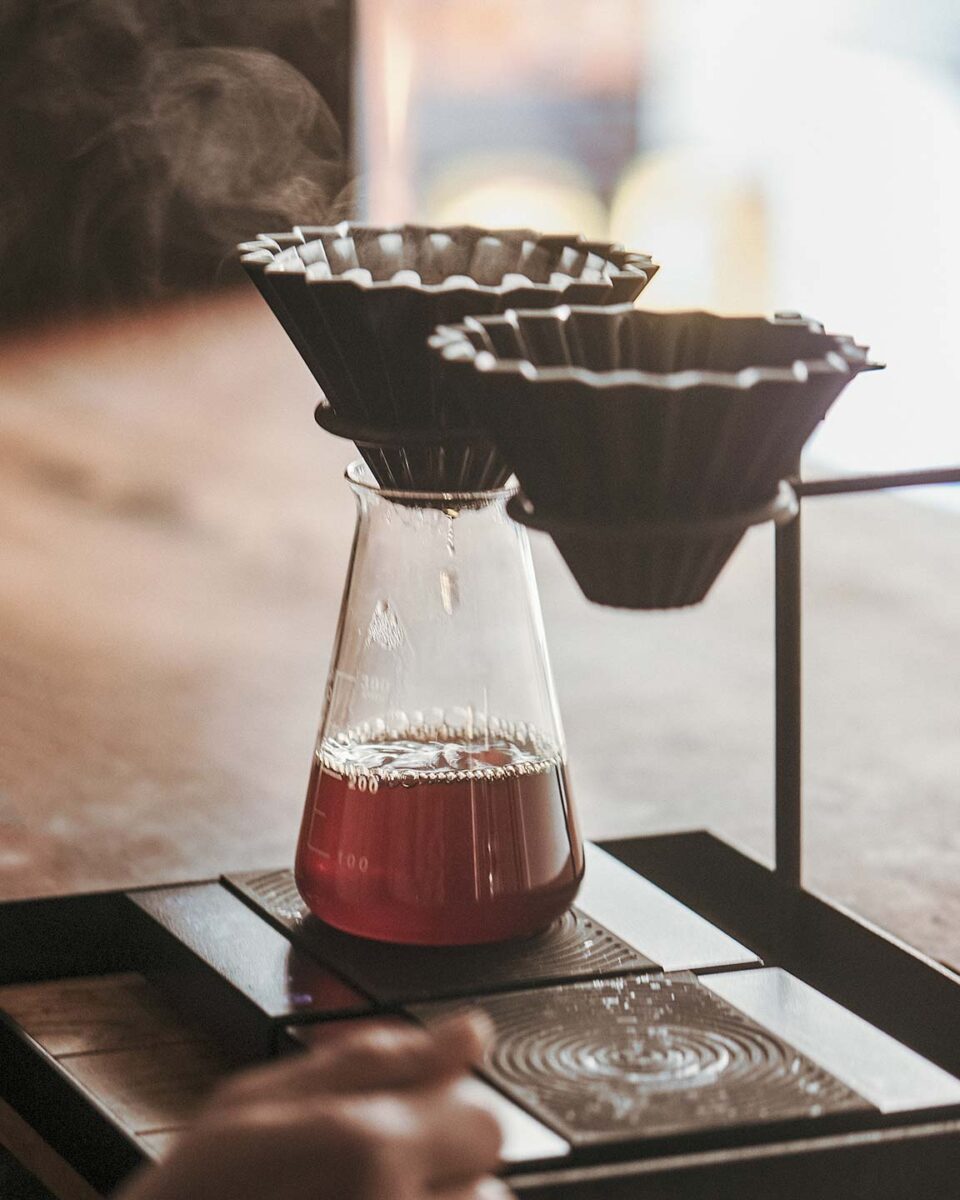
“I was 25. My goal was to be running my own business in five years’ time. I’d help my boss finish up their work and then get them to give me training with the time left over. I was very disciplined and demanding, to myself as well as others, so I’m pretty sure most people hated me!
The shop was happy to share the techniques, and people wanting to be baristas took jobs there but most of them quit fairly soon. Those of us who stayed, though, were a great team with a strong connection. Every workday I’d take the first train in the morning, start the day with a team cupping, put in 110% all day and then end with some training or coffee critique. I poured all my energy into coffee.”
Perhaps helped by the renown of the Paul Bassett brand, the specialty coffee industry began to get noticed in Japan, and Kazuki hoped that one day soon, a barista would be seen in the same professional light as a bartender or chef.
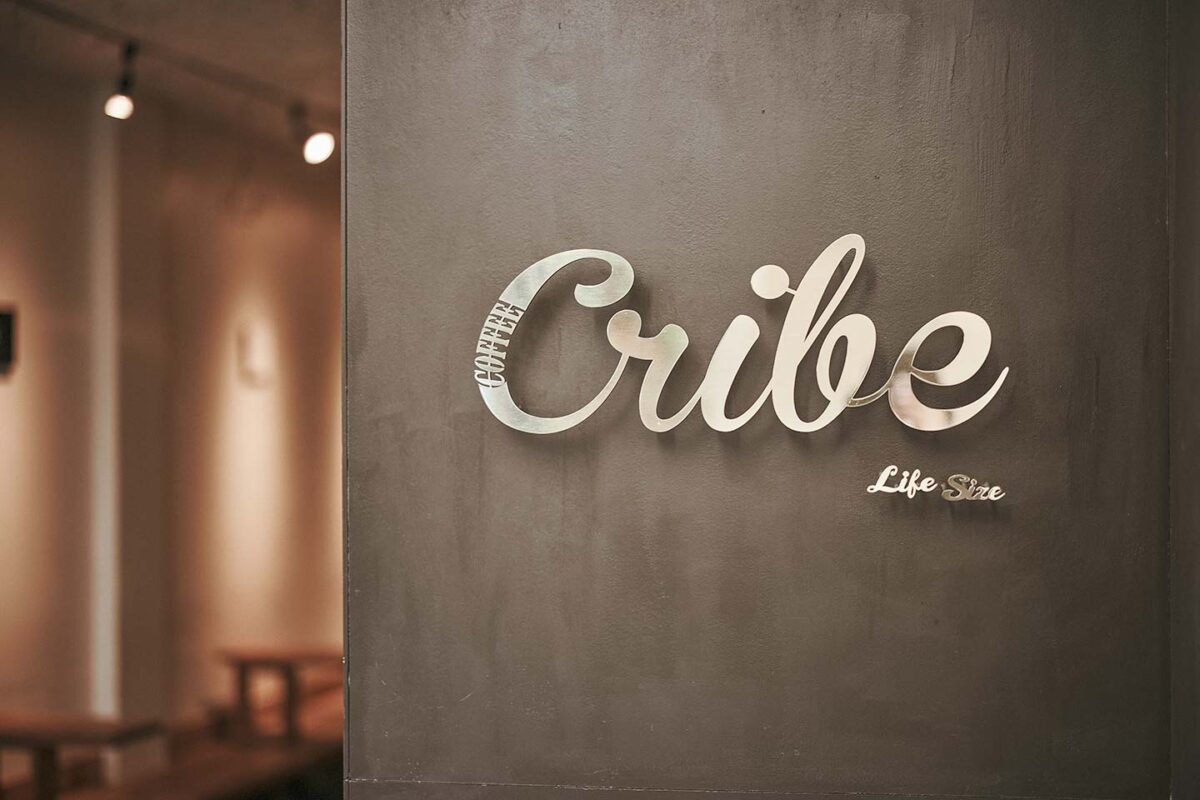
Kazuki chose Kokubunji because he had great memories of the city’s laid-back vibe from when he was a student. Just outside of metropolitan Tokyo, the city is still fairly central and only 20 minutes by train from Shinjuku. Kazuki’s plan was to plant the seeds for a new coffee culture in Kokubunji. He opened his shop three minutes’ walk from Kokubunji station, a busy hub essential to most people living in the area.

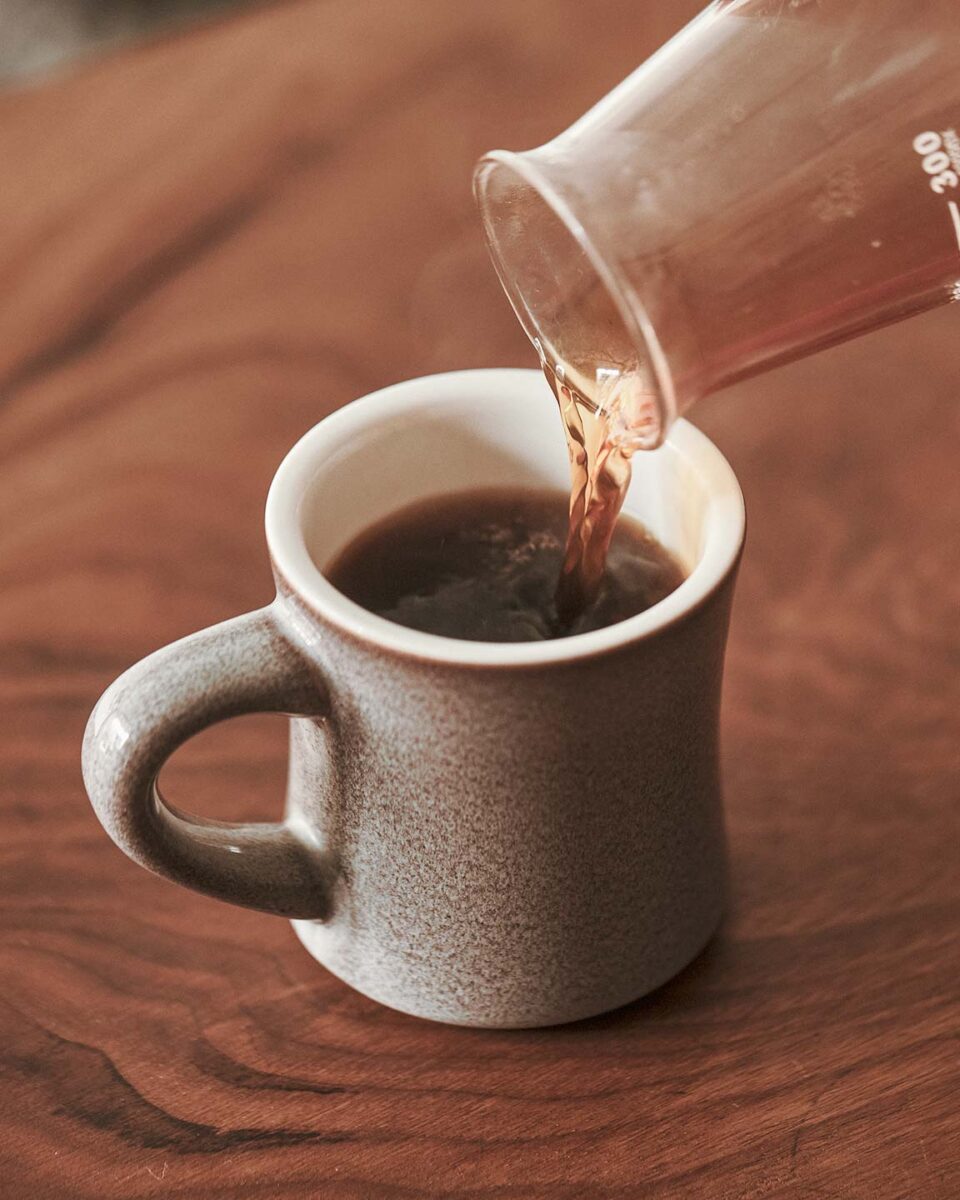
You are your biggest competition
It is said that the success of food and beverage businesses cannot be judged until after the first three months. In the early days, customers are easy to find – people come because it’s new, rivals come because they are curious about the competition, friends and family come to give support. It was no different for Kazuki.
But for Kazuki, having experienced the elite world of the coffee industry, the gap between his expectations of customers and the reality of the local clientele felt unsurpassable. Many people not only did not know the difference between cafe latte and cappuccino, they had not even heard of these types of coffee. It was a reminder that what is normal to one person is not normal to everyone. He may have been a barista in a world championship coffee shop, but this would require a different approach.
“The customer base was completely different to Paul Bassett’s. When it came to coffee, hot, cold, or blend was the extent of people’s knowledge. Whenever I tried to tell them about how great specialty coffee is, they’d just say “Sure, whatever you recommend,” and leave me feeling deflated. But I was trying to run the race before I’d even warmed up. It was wrong to assume that they would have the same level of coffee knowledge as me.”
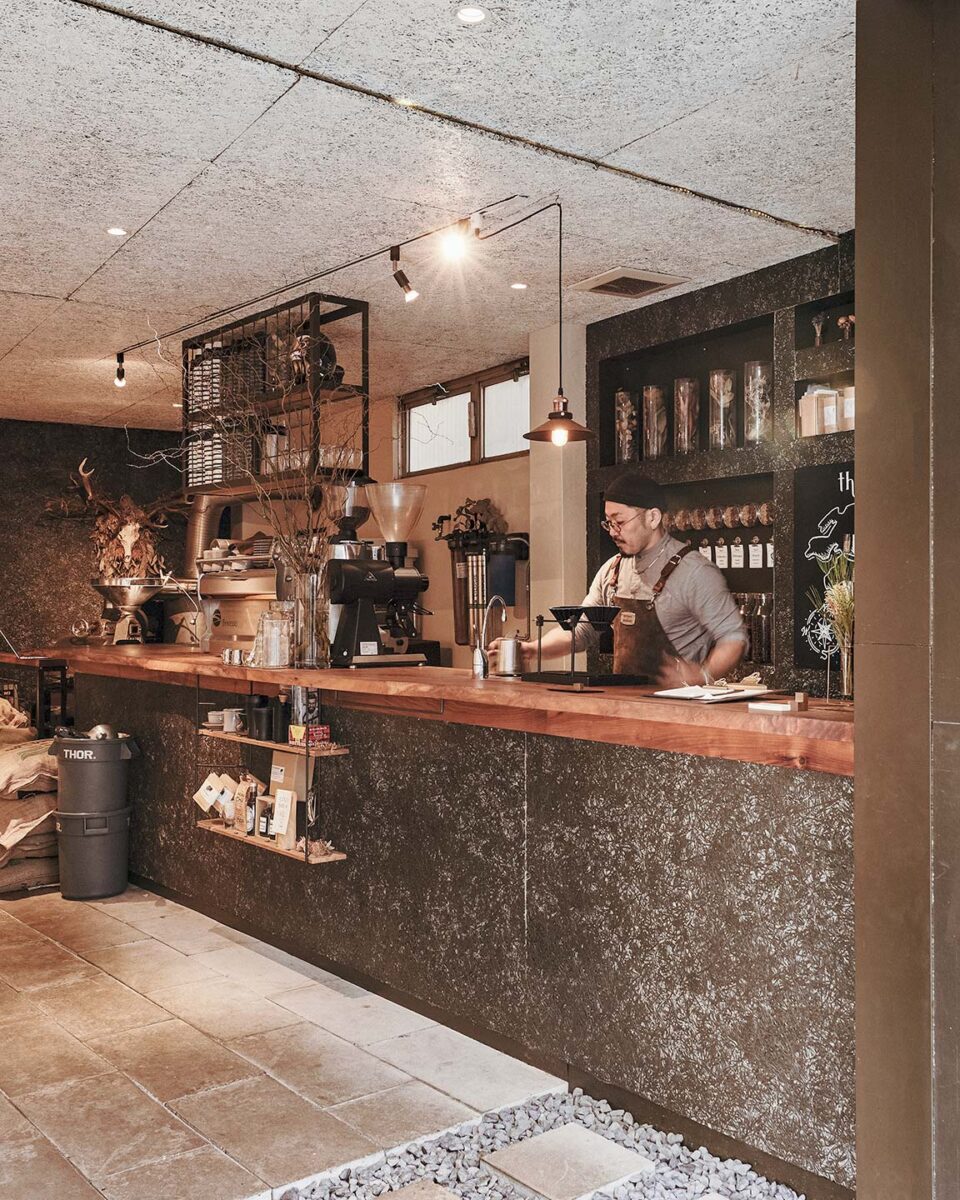
It was time to shed his pride. Every morning, he would stand outside his shop and greet people who walked by. He would pick up rubbish in the street and say hello to the people who passed. At the same time, while he was determined to become a part of the local community, it was hard not to have doubts when a rival was already opening their second or third store.
However, a conversation with an old colleague about a year later helped him to realign his priorities. The colleague had been in the business far longer than Kazuki, and when Kazuki said “I’m going to keep pushing myself until I’m the best of the best,” the colleague replied, “You’ve got it all wrong. You don’t need to be better than anyone, just yourself.”
“I hadn’t meant anything by it, it’s just something you say, But the response caught me off guard and made me realize how wrong I was. I decided to stop comparing myself to others and focus on myself. There was no reason for me to feel threatened by other people’s achievements as long as I was achieving the goals I had set myself. I’d fallen into the “grass is greener” trap. And I knew if I didn’t change my mindset, I’d lose track of what I really wanted.”
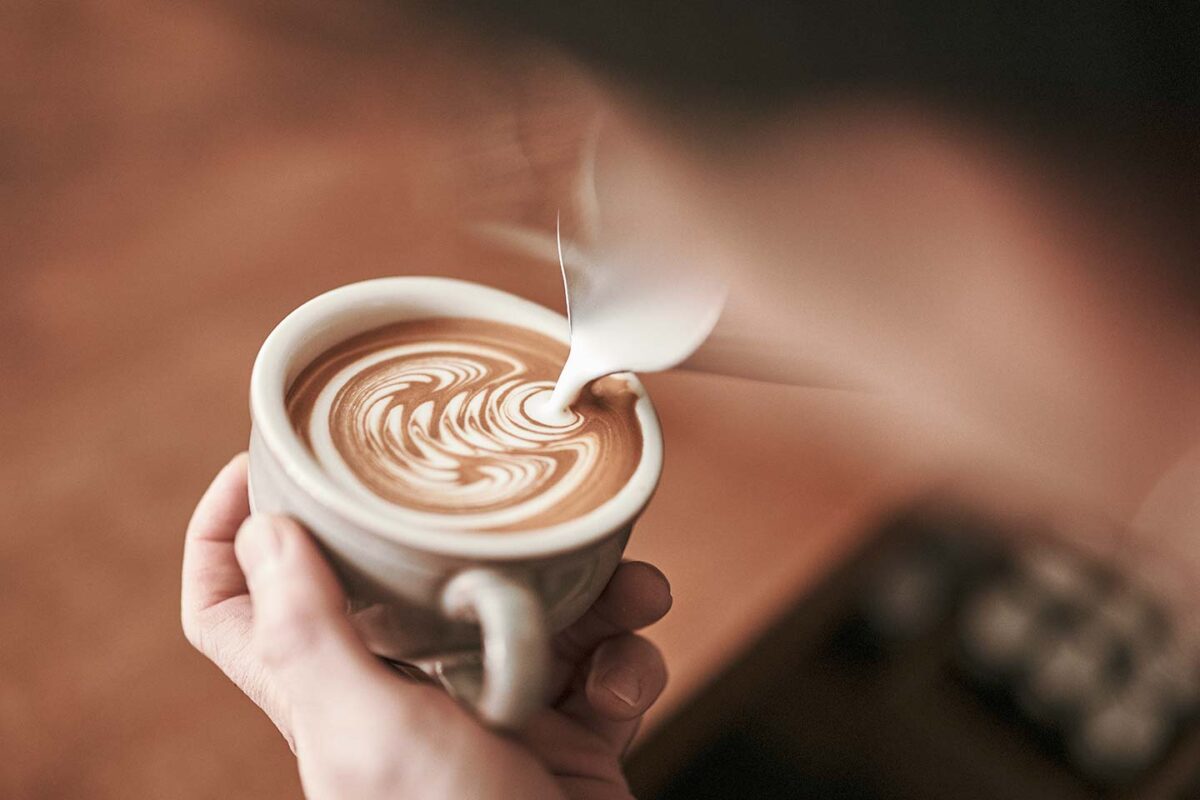
Looking back, Kazuki could see that competition had always been a way for him to prove he was good at what he did. When he got into breakdancing at 16, he would enter competitions to discover how good he really was. Even after joining the coffee industry, he would seek opportunities to enter competitions where he could prove his skills: mastering how to make a caffe latte in under three minutes or learning more and more complex techniques in the pursuit of being the best of the best. For Kazuki, competing was a way to feel confident. Beating someone else gave him the proof that he was good.
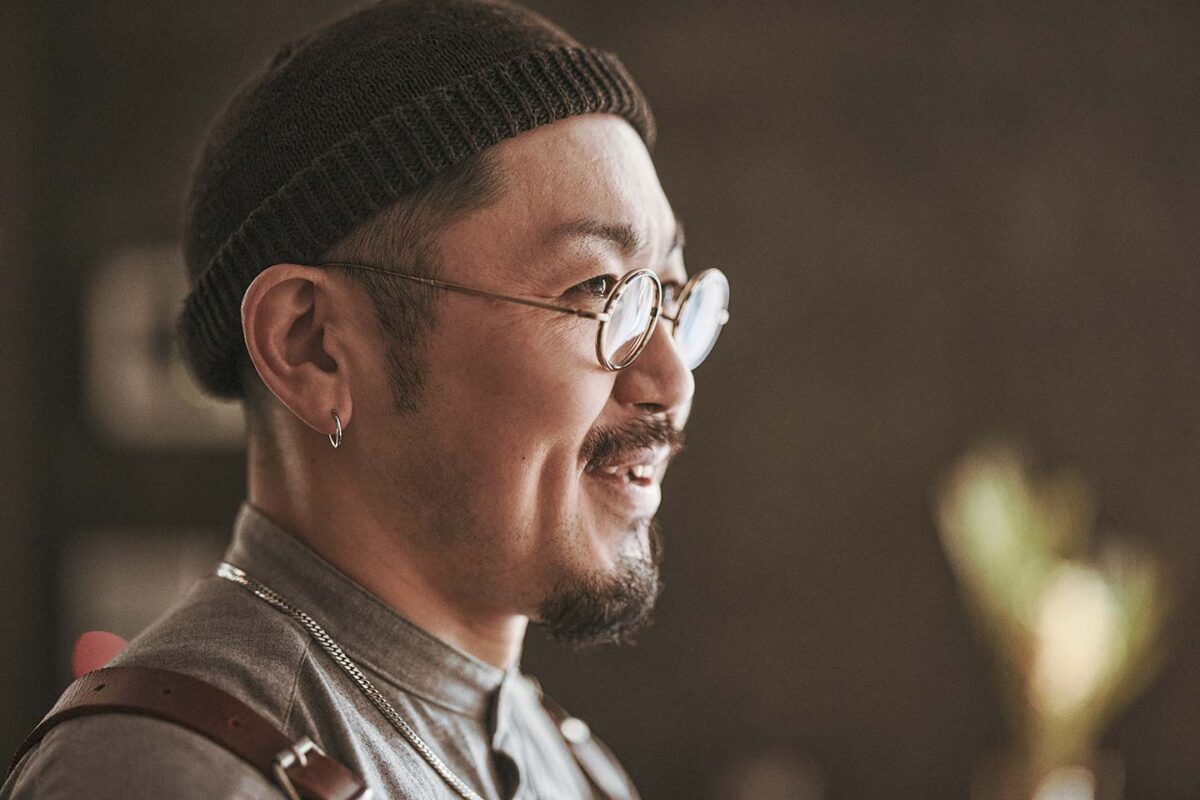
But after that conversation with his old colleague, he found a different kind of confidence. Now Kazuki has no interest in opening another store. After eight years in the business, people often ask him if he plans to open a second shop. But Kazuki just smiles and says “Nope. And why would I when there are so many more interesting things to be doing with my life?”
“I’ve just started learning shamisen. I think everyone should have this experience of learning from someone younger than you. The more I work with coffee, the more I learn. There’s always going to be someone who knows something I don’t. I want to keep learning what I can, and put it all into Cribe.

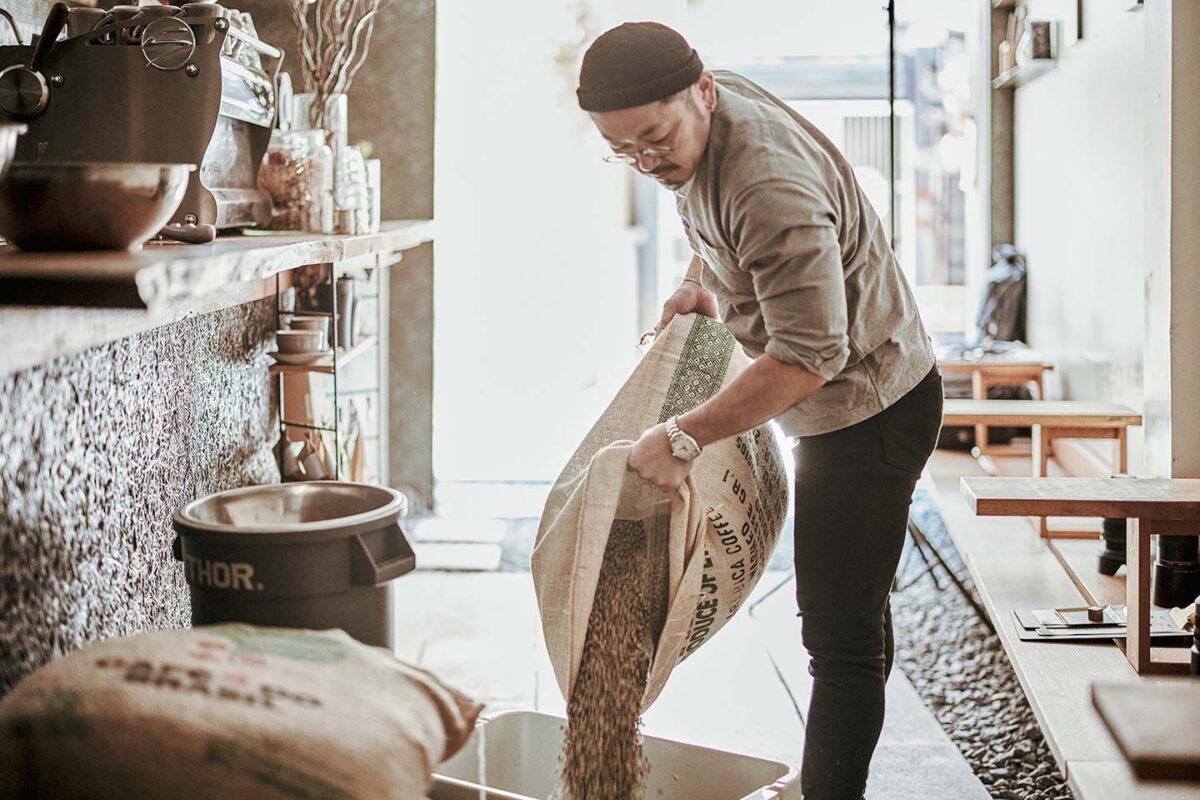
People need people
There is a small piece of paper stuck in Kazuki’s organizer. It’s a goal he wrote down when he was a barista at 24. In Japan, there’s a belief in the magical power of words known as kotodama. Kazuki thought that by writing it on paper, he could give the words more intent to make them come true.
“Now I know I did it because I lacked confidence in my ability. I became a manager in a really short time, but I didn’t feel that I deserved it. I doubted my ability and wasn’t sure who I was or what I could do. I was pretty full of myself back then so people probably thought I was really confident when in fact I was very insecure.
But I also had a positive energy too. When I set the goal to have my own business by 30, I had a plan to make it happen, but I wasn’t confident I’d pull it off. So I made sure I did more than I needed to make it happen. As a result, I achieved my goal in three years instead of five. My insecurity fueled a positive energy that got me to where I am.”
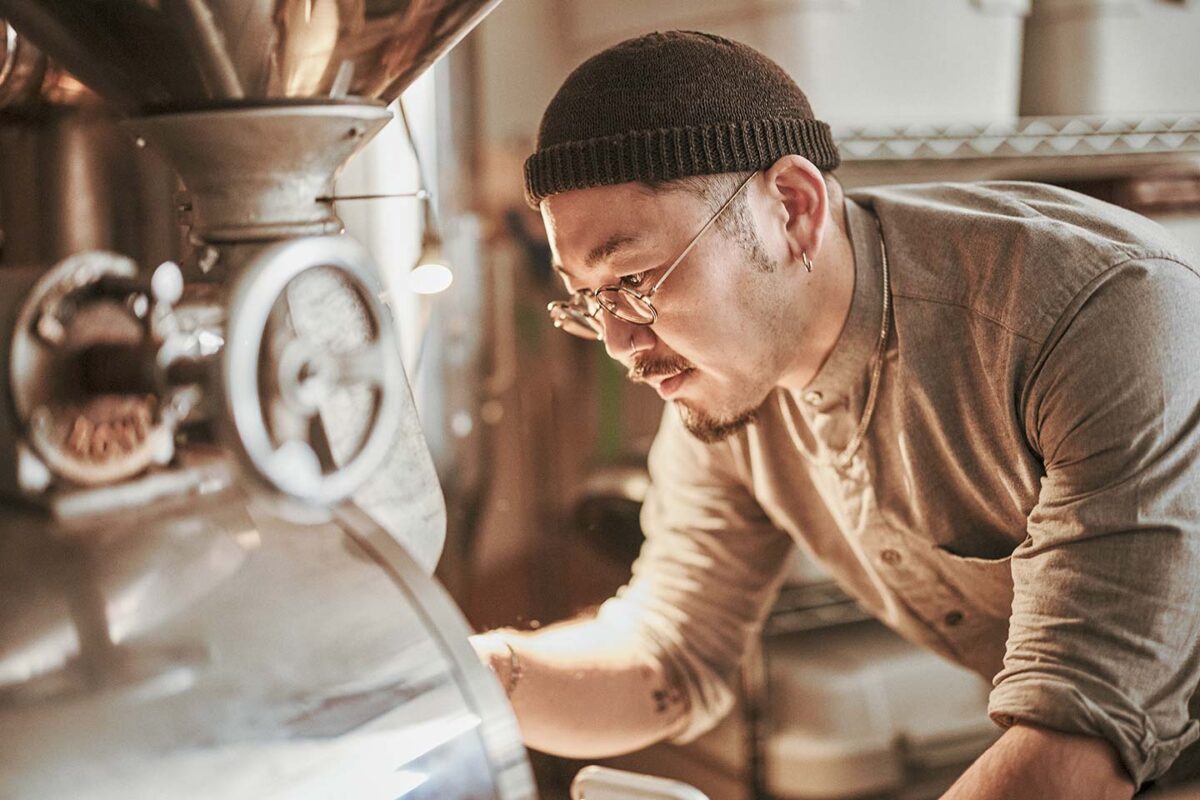
Kazuki has always been sensitive to negative energy, ever since he was a child. When that becomes his focus, being dragged down is only a matter of time. Hip hop was a way for him to stay afloat.
“Hip hop is all about peace, love, unity and having fun. You can sense that in the dancing and in the music. The breakdance competitions allowed me to get better, make connections and build my confidence.”
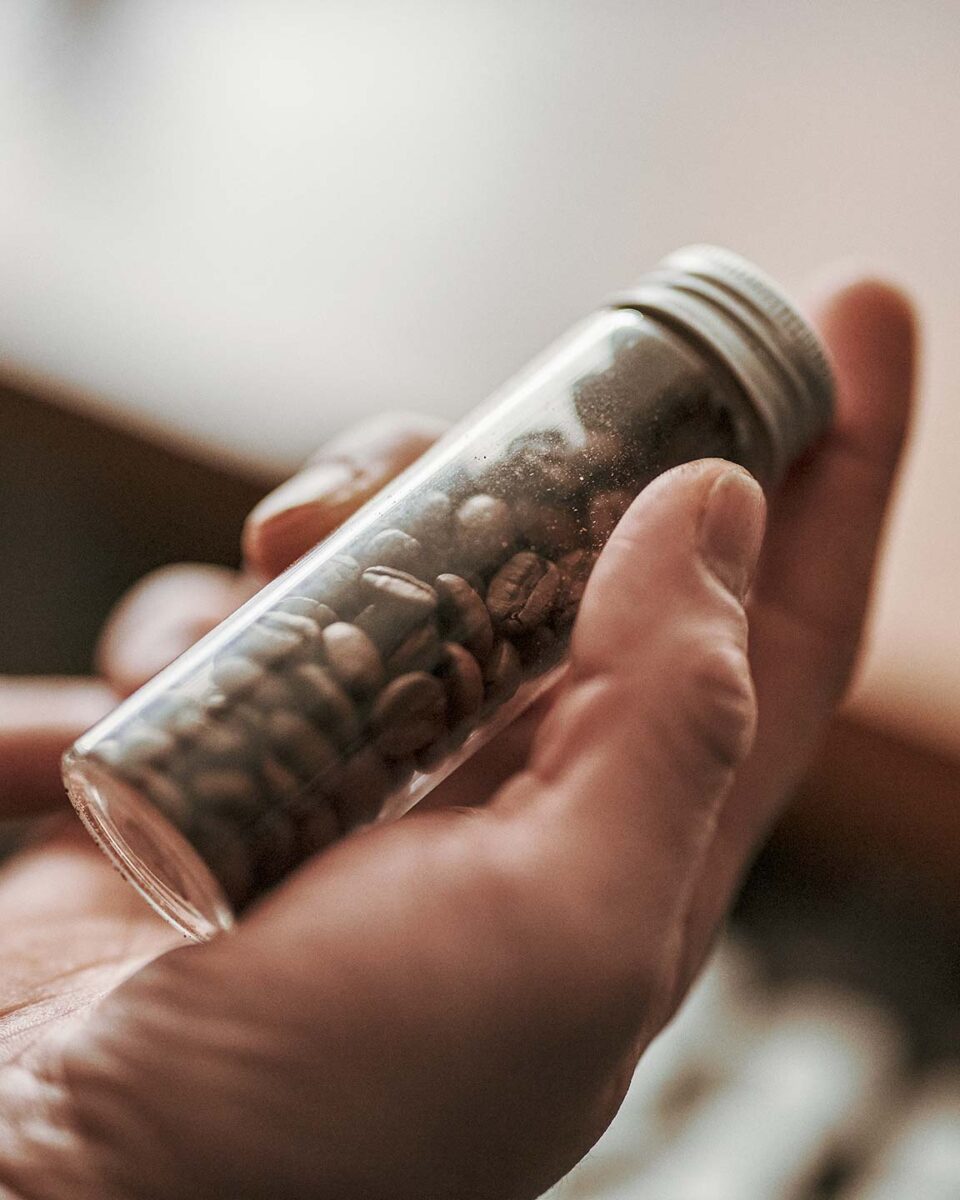
His positive philosophy carries on into his photography hobby too. When you are always trying to take a good photo, you naturally seek out moments that would make a good picture.
“Imagine if you’re stuck on a crowded train, packed in like sardines. Not the best situation to be in right? But if you take a step back and frame it as a satirical scene, then it can be something you enjoy.
It’s not always possible to get rid of our doubts or our negativity. And no matter how many times you succeed, you’ll never know what’s gonna happen until you give it a go. You have to accept that there’s always gonna be some doubt there, and you need to find the motivation and courage to push forward. I also see failure as the energy that pushes us on to the next stage.
Once you accept your weaknesses and your strengths, then you can begin to interact with people on an honest level. What people project on the surface is rarely real, and it’ll break down eventually. That’s why I never lie to myself. It’s always been my golden rule.”
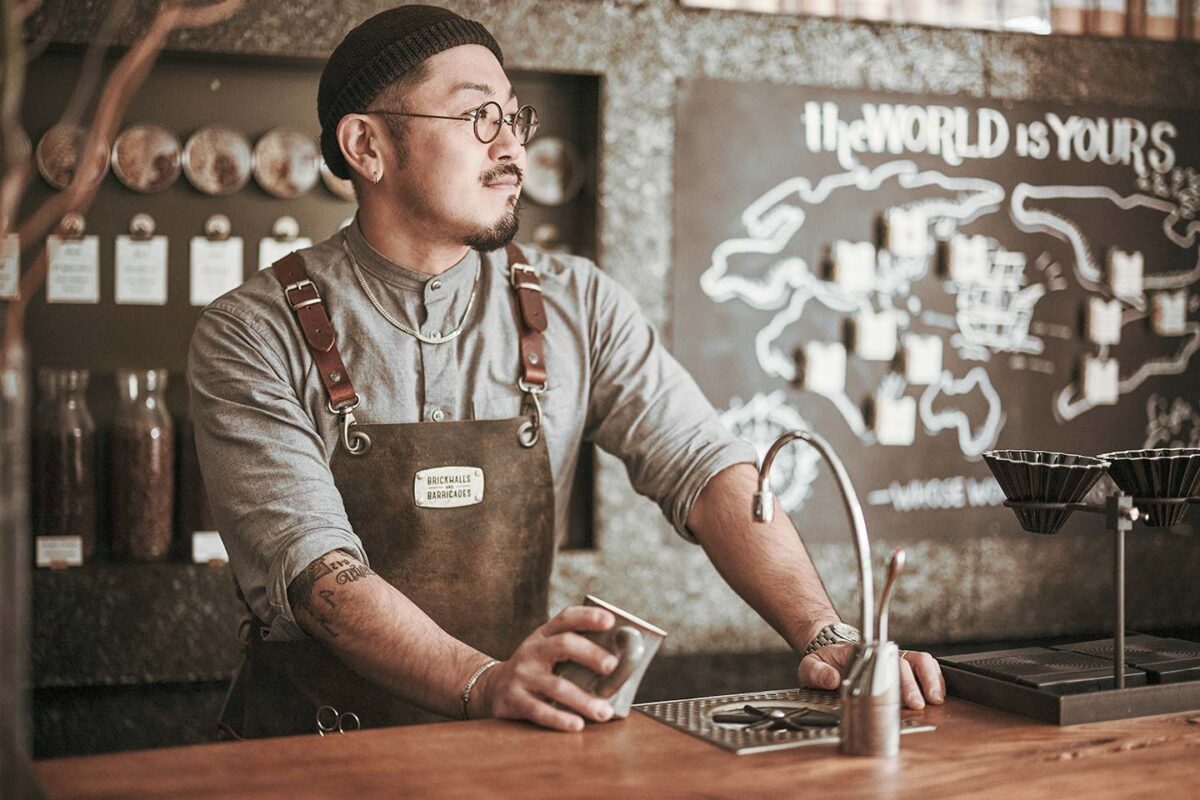
Choosing to open his shop in Kokubunji, a place with no coffee culture and no competition, might have been what started him on his current path: Setting aside the pursuit of exclusivity and excellence to strive for connection and community, something shops in the city would struggle to emulate.
Kazuki is turning his focus from chasing the happiness just out of reach, to grasping the joy right there in front of him. His current goal is to make drinking good quality coffee an everyday thing for university students in Kokubunji.
“There are so many great roasters in Japan, and some are already making a name for themselves out in the world. It makes me proud to be a part of this industry. But their goals don’t have to be my goals. My world is here: my family, my friends, and my community.
The thing is, we don’t need the extraordinary to have a happy life. With Cribe, I want to share in the ordinary joy of being with family and friends, and give each other something that words cannot express. Because people need people.”

MY FAVORITE COFFEE
It’s the unexpected that I love. Like when I have a coffee at a friend’s house and it was much better than I imagined. Or when a friend hands me a warm can of coffee on a cold day. Flavor has always come second to me. Coffee is more than that. Everything that goes into the experience is what makes coffee good.
